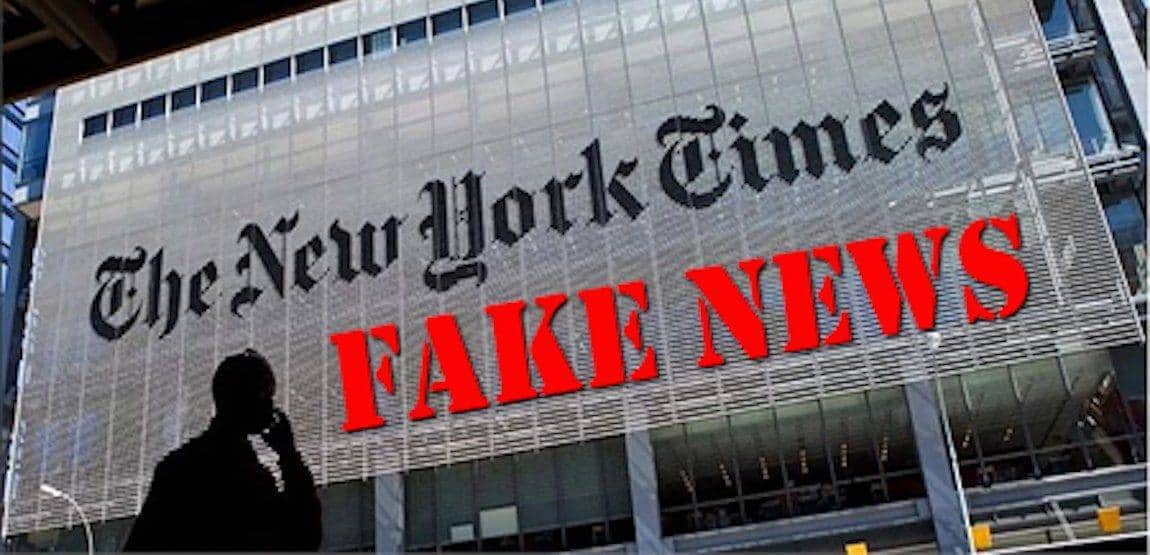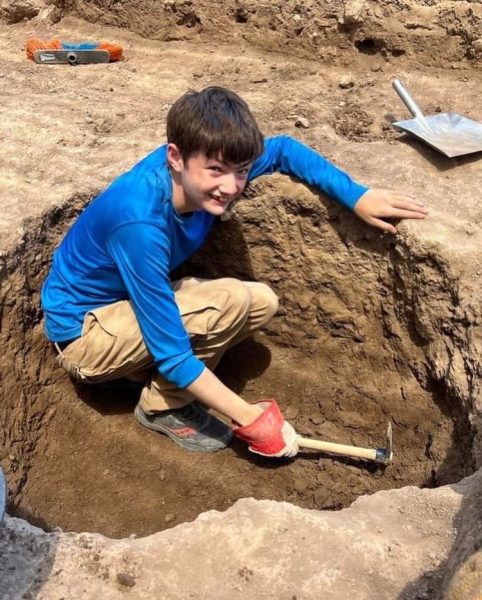On the evening of Tuesday, October 17th, a large explosion at Al-Ahli Hospital near Gaza City killed hundreds of wounded, vulnerable, or displaced Palestinians. What followed was not a respectful period of mourning, nor even a moment of shocked silence, but instead a flurry of snappy reporting and finger pointing. Immediately after the bombing, the Hamas-affiliated Gaza Ministry of Health claimed that an Israeli airstrike was responsible for the explosion, and the Middle-East based newspaper Al-Jazeera began reporting on the “air raid” at around 7:30 PM*. Israel’s government was quick to refute the claim, assigning blame for the devastation to the Islamic Jihad terrorist group later that evening. The United States has since announced its official position that the explosion was caused by a misfired rocket from Gaza, not an Israeli strike.
Despite the lack of verified intelligence regarding the explosion, western media outlets, including the BBC and the New York Times, published news alerts on Tuesday with headlines such as “Hundreds feared dead or injured in Israeli air strike on hospital in Gaza, Palestinian officials say” placing blame for the explosion squarely on Israel. These early reports from Anglo-American newspapers relied wholly on the words of the Gaza Ministry of Health, a branch of Hamas’ government in Gaza, and unauthenticated posts from Al-Jazeera. In the first accounts of the hospital bombing, American newspapers prioritized clickbait and being the first to report on the tragedy over accurate journalism.
As these unsubstantiated reports were circulated throughout the world, rage swelled in Pro-Palestine communities across America and the Middle East; protests on American college campuses flared, anti-Israel demonstrators gathered in various Arab capitals, and there was rioting outside the Israeli consulate in Istanbul and the American embassy in Beirut, prompting concerns that these diplomatic missions could be attacked. Although many western newspapers changed their headlines hours after the articles were published in accordance with the Israeli Government’s official position, the damage was already done. By the New York Times’ own admission, “many supporters of each side had already made up their minds” hours after the first reports on the explosion were published. The Western media’s irresponsible desire for new clicks and readers had incited whole nations against Israel over a false claim, upsetting the increasingly fragile political balance in the Middle East.
Although The New York Times acknowledged that they were wrong to assign blame for the blast to Israel solely based on the words of the Gaza Health Ministry, it is clear that they are prone to over-hasty reporting. Instead of humbly accepting responsibility for spreading misinformation, The New York Times defended their own reputation, claiming that “It takes time to independently verify the claims from all sides”. The New York Times, along with many other seemingly-reputable newspapers, does not understand that journalism should be authenticated and verified before it is published. In their hurry to be among the first to report on the Al-Ahli Hospital blast, the BBC, New York Times, and a slew of other media conglomerates risked Israel’s peace with its neighbors, the efficacy of the U.S State Department, and the safety of Arabs, Jews, Israelis, and American government officials across the world. This sort of careless journalism is all the more dangerous in the current era, where misinformation runs rampant and news articles can be shared in seconds. The race to report is a plague in American journalism; a plague that must be treated quickly and effectively.



